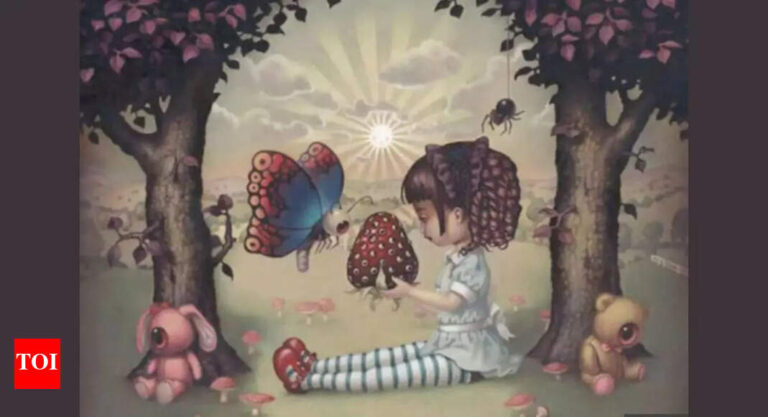
Your choice of beverage can do more than leave you refreshed. One of the most popular beverages, which is undoubtedly an It-girl staple, has some antidepressant effects. Yes, we are talking about matcha. Looks like matcha tea is in trend for all the right reasons. A study has found that matcha tea powder has antidepressant-like effects.

A study led by researchers at Kumamoto University found matcha tea’s beneficial effects on beating depression. The findings of the study are published in the Nutrients journal.
What is matcha tea
Matcha, a traditional Japanese tea, has been touted for its health benefits—it can boost mood and mental performance in humans and mice alike—but more mechanistic research is required. Matcha is a traditional Japanese tea. It comes from the Camellia sinensis plant, and matcha powder is traditionally used to make tea. Known for its health benefits, this powdered green tea is popular among tea connoisseurs everywhere. Matcha has made a comeback in the recent decade, thanks to social media, and its ability to fit into modern aesthetics. You can find matcha in almost every cafe, and it is available as matcha shots, lattes, teas, and even desserts.
Matcha’s effects on mental health
A team led by Dr. Yuki Kurauchi of Kumamoto University studied the effects of Matcha on depression-like behavior in mice. Depression is the most prevalent mental health concern across the globe, with numbers rising day by day. Though the onset of depression varies among individuals, it is believed that the disease commonly stems from a reduction in dopamine in the brain. Dopamine is a neurotransmitter and hormone that plays an important role in elevating one’s mood and making a person feel happy, accomplished, and motivated. Antidepressants often try to counter the effect of low dopamine; however, they come with their share of side effects. Also, growing studies confirm that people have developed antidepressant resistance, which requires higher doses with time or a frequent change in medication. This has led to the search of a natural product, and matcha is just that.
The researchers found that matcha consumption improved anxiety-like behavior in mice by activating dopamine function via dopamine D1 receptor signaling. The resultant dopamine boost could improve the symptoms of depression as well.
“Matcha tea reduced the immobility time only in stress-susceptible mice that experienced greater stress from social isolation, and exhibited higher depression-like behavior, in comparison to the stress-tolerant mice,” Dr. Kurauchi said. “These results suggest that Matcha tea powder exerts an antidepressant-like effect by activating the dopaminergic system of the brain, and this is influenced by the mental state of the individual,” he added. “Also, incorporating Matcha into health promotion programs has the potential to improve its widespread utility,” he said. Matcha not only delights your taste buds, but also secretly improves your mood and mental health.








